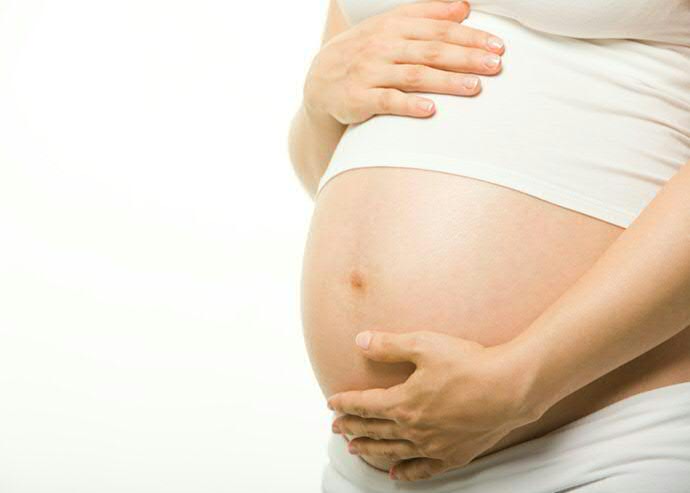A quarter of pregnant women do not get optimum prenatal care

A quarter of pregnant women do not start prenatal care in time or do not get the right amount of prenatal care as prescribed by midwifery guidelines. This is particularly the case for women from non-Western countries, unemployed women, women with a chronic illness, disabled women and women who do not take folic acid. These are the conclusions of a study carried out by Esther Feijen-de Jong from the University Medical Center Groningen and the Department of Midwifery Science of the VU Medical Center Amsterdam (EMGO+ Institute for Health and Care Research). In addition, pregnant women visit a GP or complementary/alternative health practitioner more frequently than women who are not pregnant. Feijen-de Jong will be awarded a PhD by the University of Groningen on 27 May.
For her research, Esther Feijen-de Jong studied the use of prenatal healthcare by pregnant women. She monitored 3,070 women, who started prenatal care in a primary midwifery practice. Her research showed that nearly a quarter of these women (24.7%) did not use care in time and/or did not get the right amount of prenatal care as prescribed by midwifery guidelines . Women from non-Western countries, unemployed women, women with a chronic illness, disabled women and women who had not taken folic acid were less likely to take full advantage of the preventive prenatal care available.
Specific interventions
Feijen-de Jong’s study also shows that a quarter of the women were referred for secondary healthcare during their pregnancy. Primary prenatal healthcare use proved insufficient for a larger proportion of those with a chronic illness, a disability or who had not taken folic acid. According to Feijen-de Jong, the results of this study could be used to develop specific interventions to encourage these particular women to seek prenatal care earlier and visit midwifery practices more frequently.
In her research, Feijen-de Jong also studied how often pregnant women visit their GP for an appointment, a diagnosis, a prescription or a referral. Her figures show that on average, pregnant women have 3.6 contact moments with the GP (telephone, home visits, appointments), while women who are not pregnant have 2.2 contact moments over the same period of time. GPs wrote fewer prescriptions for pregnant women than for women who were not pregnant. Most of the referrals for pregnant women were to obstetricians and midwives, while most referrals for women who were not pregnant were to a physiotherapist.
Larger role for GP
Pregnant women appear to rely on their GP for healthcare. Feijen-de Jong would therefore like GPs to play a larger role in maternity care. She recommends to coordinate care to prevent loss of information, and the receipt of more interventions than medically necessary. Feijen-de Jong: ‘Examples of how to improve the cooperation between midwives and GPs could include joint practices, joint guidelines and a joint digital environment.’
Curriculum Vitae
E.I. Feijen-de Jong (Kampen, 1972) is a midwife with a degree in Health Sciences from Maastricht University. She carried out her research in Research Institute SHARE at the UMCG. Her thesis is entitled: ‘On the use and determinants of prenatal health care services by pregnant women’. She worked for the Midwifery Academy Amsterdam Groningen (AVAG) while conducting her research, and will continue to work there as a lecturer and senior researcher after being awarded a PhD.
More news
-
17 November 2025
Artificial intelligence in healthcare
-
04 November 2025
AI Factory in Groningen advances digital sovereignty
-
03 November 2025
Menopause in perspective: How the media influences our perception
